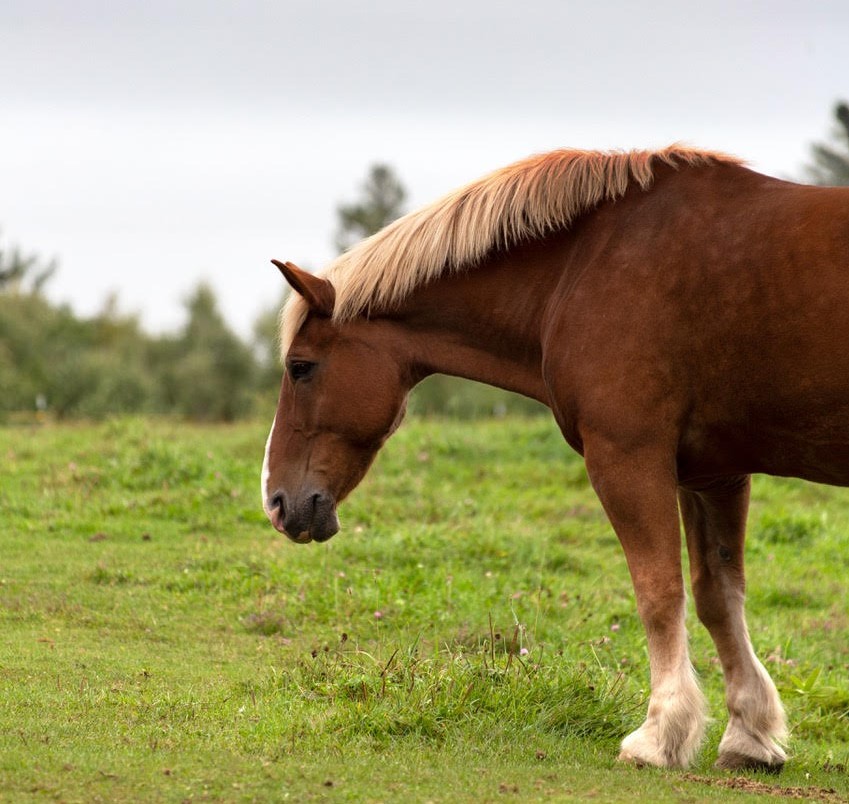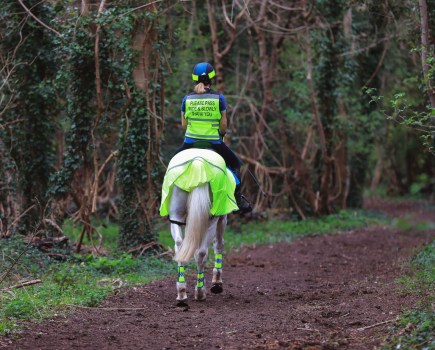Research into the impact of the Covid-19 pandemic on equine welfare, specifically obesity and laminitis, has revealed the need for guidelines on the care of horses and ponies at risk of the conditions.
This comes after vets warned of a “sharp increase” in cases of laminitis earlier this year.
The study was implemented to assess the impact of the pandemic on the management of laminitis-susceptible equines, identify the challenges faced by implementing Covid-19 based guidance, and determine areas of decision making and policy development that could undergo improvement in future pandemic or emergency situations.
It was conducted by Scotland’s Rural College in collaboration with Waltham Petcare Science Institute, who provide the science behind the Spillers brand, with data collection interviews held between May and July 2020.
“We discovered that lockdown-associated factors had the potential to compromise the welfare of horses and ponies at risk of obesity and laminitis,” said lead author and PhD student Ashley Ward.
“These included disparate information and guidance, difficulties enacting public health measures in yard environments, and horses having reduced exercise during the pandemic.
“Our conclusion was that guidelines should be developed for the care of horses and ponies at risk through collaborative input from veterinary and welfare experts,” continued Ashley, who is based at Scotland’s Rural Collage. “This would help to reduce the negative impacts of future lockdown events in the UK.”
Related to this…
- The subtle signs of laminitis
- Effective ways to get your horse to burn more calories
- ‘No safety buffer’: the truth about equine weight gain, spring grass and the risk of laminitis
Future recommendations
A collaborative, multi-industry approach to developing and issuing equine-specific advice was suggested to improve continuity between establishments. It is hoped that the findings of the study will be used during any future conversations on public health measures that could impact equine welfare.
“This work carries important recommendations to reduce equine welfare risks during any future lockdowns,” explained Clare Barfoot RNutr, Marketing and Research and Development Director at SPILLERS.
“This summer our primary focus has been on helping horse owners keep their horses at a healthy weight to reduce the risks associated with obesity, particularly laminitis.
“Until formal guidelines are developed, we hope our range of practical advice, available online and via our Care-Line will help, should there be another lockdown.”
The full study ‘Covid-19 impacts equine welfare: policy implications for laminitis and obesity’ can be read here.
Look what’s inside the latest issue of Your Horse









